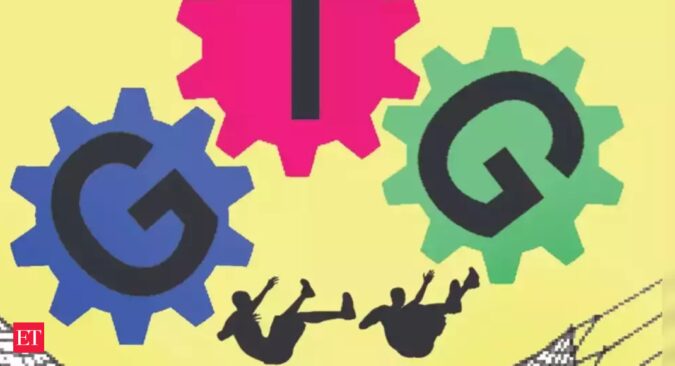A report in The Times of India has claimed that the labour ministry held some discussions with the platforms in this regard. However, the report said that the issue is yet to be resolved . “Given that these would be group covers, the cost will not be significant for the platforms, which have seen amassive jump in workers thronging to them, either for part-time jobs or even full-time employment,” the report said.
A gig worker is a person who performs work or participates in a work arrangement and earns from such activities outside of traditional employer-employee relationship. The gig and platform workers, who are engaged by various e-commerce businesses like Uber, Ola, Swiggy, and Zomato, are not paid salaries and hence deprived of social security benefits like provident fund, group insurance and pension.
The move comes amid govt’s push to notify the labour codes which will be the key in providing social security to all informal workers in the country. The four labour codes on social security, industrial relations, wages, and Occupational Safety Health & Working Conditions (OSH) have already been cleared by Parliament but they can be implemented only when the Centre and states notify the respective rules since labour is a concurrent subject.
The Code on Social Security has proposed to provide life and disability cover, accident insurance, health and maternity benefits, old age protection and crèche for gig workers, in addition to the creation of Social Security Funds through contributions from certain aggregators.
According to a 2021 report by the International Labour Organization, just about 40% of workers on web-based platforms had health insurance, while under 20% were covered for employment injury, unemployment and disability insurance, or old-age pensions or retirement benefits. The numbers are even lower in developing countries, the report said.
However, the companies have pointed to several difficulties, one of them being that workers often work across platforms and it is difficult to provide a cover.With a sharp rise in the share of gig economy workers — estimated at over 1. 3% of the active labour force by Niti Aayog — the government is seeking to ensure that platforms not just provide social security but also disclose it publicly.
